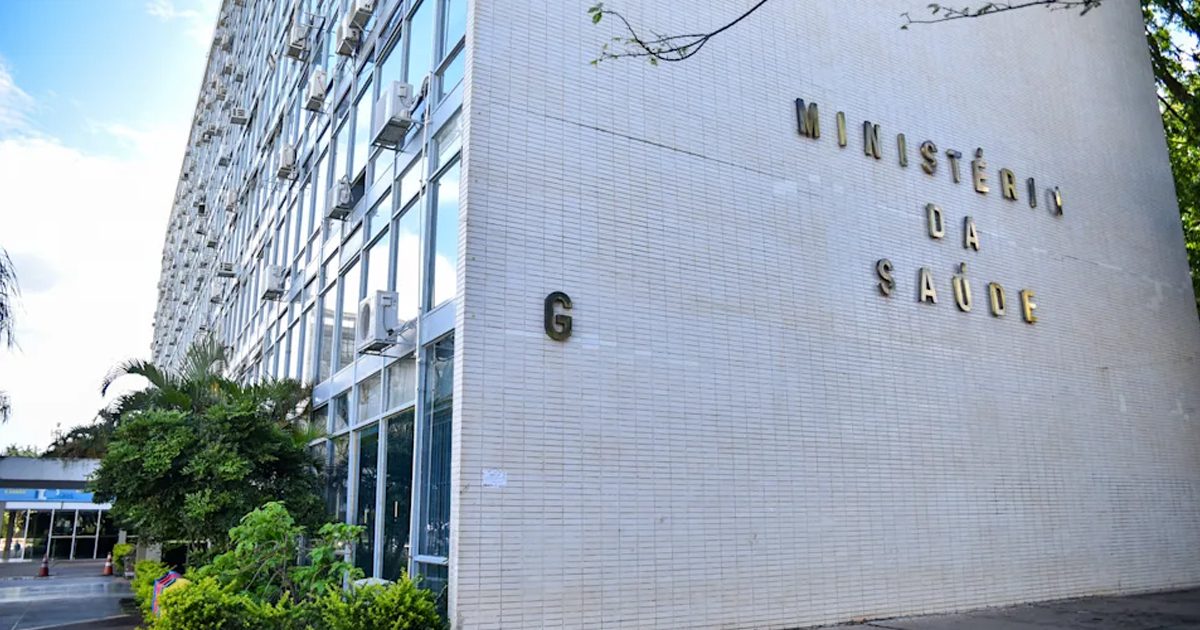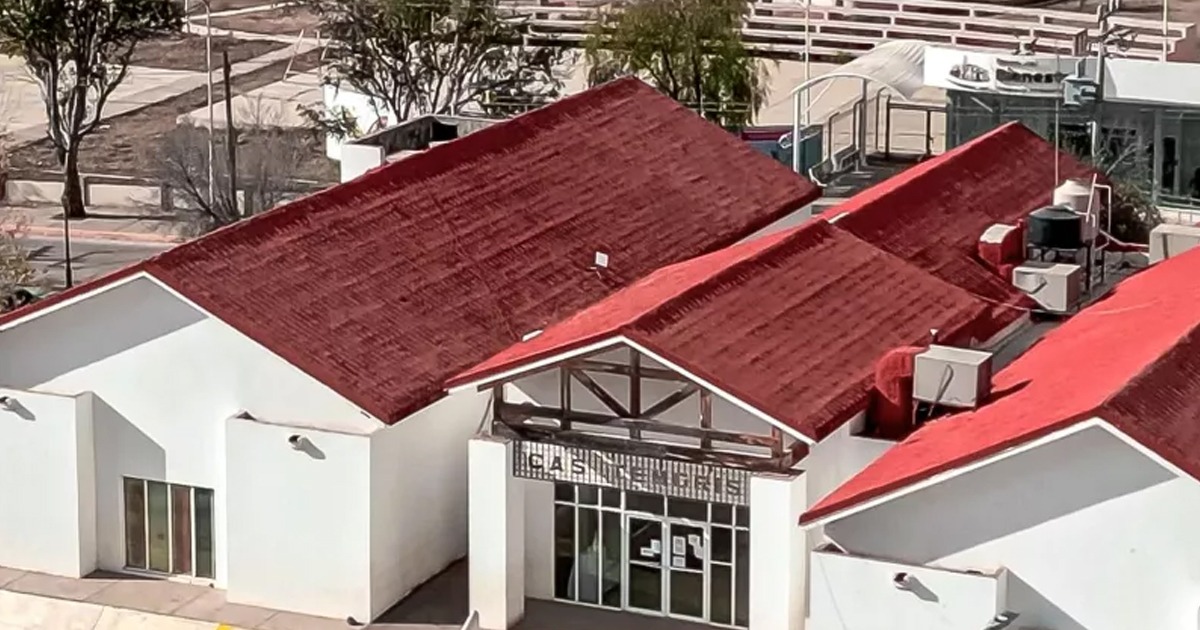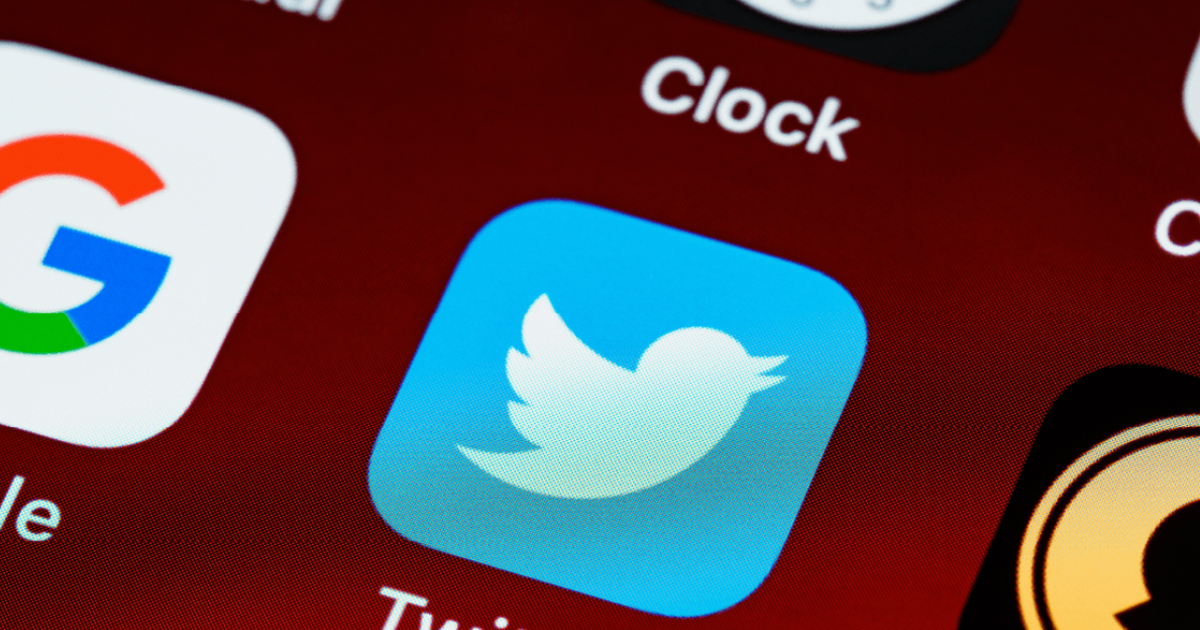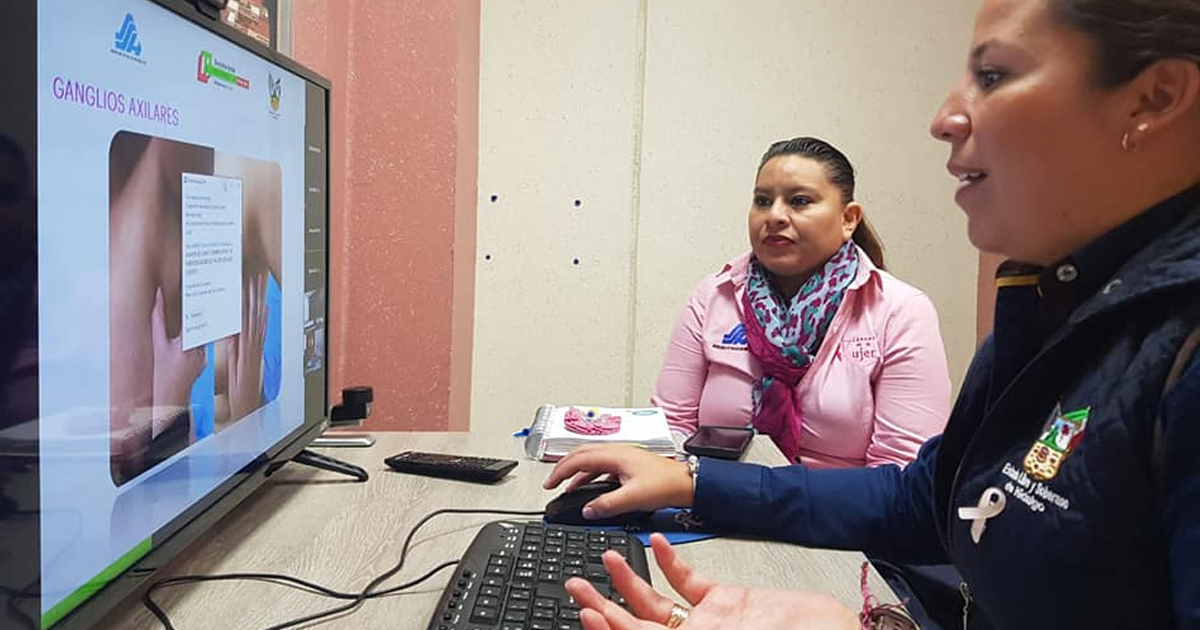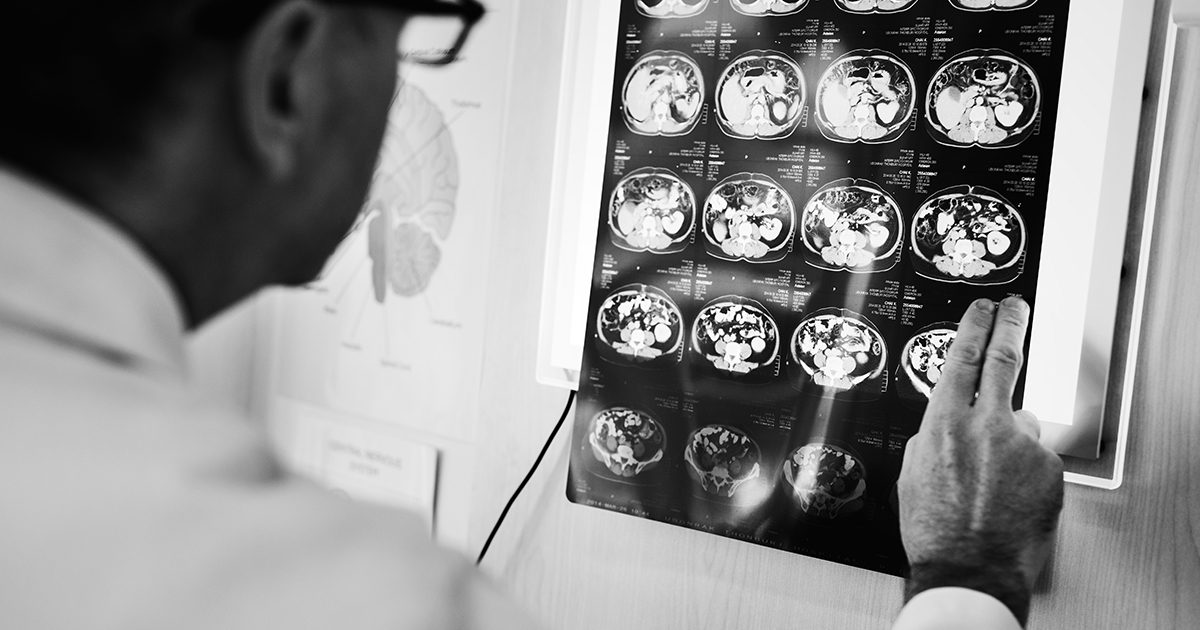This study shows that autism diagnosis times can be reduced through telemedicine and better care.
The article titled Use of telehealth for facilitating the diagnostic assessment of Autism Spectrum Disorder (ASD): A scoping review was published on July 23 by PLOS ONE, which states that "there is a significant delay between seeking help and a confirmed diagnosis of Autism Spectrum Disorder (ASD)". Such a delay can lead to a misdiagnosis of the disorder and according to this study, telehealth can offer a way to improve diagnosis.
The authors of this study are: Manahil Alfuraydan, Jodie Croxall, Lisa Hurt, Mike Kerr and Sinead Brophy, who in the first instance conducted the review of articles to learn about the different approaches in telehealth that have been used for the diagnosis and evaluation of ASD, the search for articles published between 2000 and 2019 under the terms of autism and telehealth.
A total of 3,698 articles met the basic parameters, of which 124 passed the first filter consisting of the revision of the summary, subsequently 37 were subjected to a revision of the full text, and finally ten studies were selected for inclusion in the research to pass a process of review and extraction of data.
These ten studies used different telehealth technologies, seven used a Real-Time method, five correspond to video call and two to VISYTER (Versatile and Integrated System for Tele-rehabilitation) software. This method is technically a teleconsultation, or remote consultation, in which the professional observes the patient in real time and asks questions or other techniques. The remaining three studies use Naturalistic Observation Diagnostic Assessment (NODA) software which uses a Store-and-Forward method in which parents film the patient in their daily lives and these videos are uploaded to a platform for review by professionals.

The study found that both methods are convenient, accurately diagnostically accurate, and promote the exchange of views between specialists, educators, and family members. Telehealth has advantages over traditional approaches, such as providing care to individuals and families living in remote areas. In addition to cost reduction, for both service providers and patients and their families.
Although it cannot be confirmed that telehealth improves the diagnosis of ASD, the authors' final conclusion on the use of telemedicine for the diagnosis of this disorder, suggests that current systems for telehealth practices are accepted by families and doctors, so they have a room for improvement and thus potentially improve time and diagnosis.
However, this study is the first step in measuring the potential use of this branch of Digital Health that, together with traditional practices, seeks to improve the diagnosis and quality of life of ASD patients, requires deeper and more far-reaching analysis since all selected final studies are in the United States, so authors agree that including studies from more countries may be beneficial to research.
PLOS ONE
https://journals.plos.org/plosone/article?id=10.1371/journal.pone.0236415
WEB CONSULTATIONS HEALTH AND WELLNESS MAGAZINE

